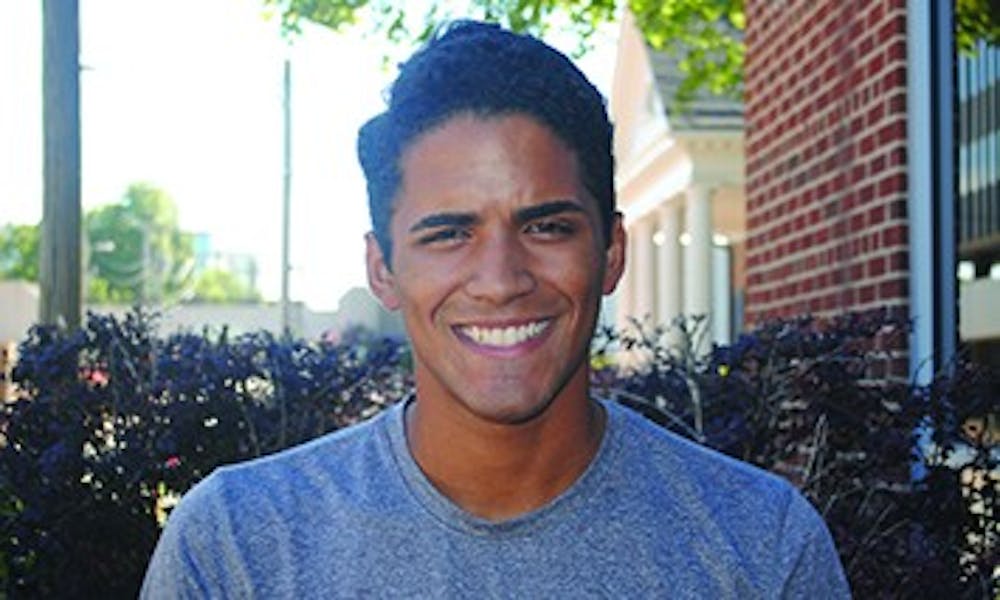There hasn’t been a single interaction in my life with the police where the first thought in my mind wasn’t how to look less threatening. How to ensure that I am one of the good ones and how can I convince them that I deserve to live. These realities are just that — a reality. Our pain exists.
My experiences from la Isla Del Encanto to North Carolina are inherently different from the flagrant discrimination black folk faced and continue to face every day. But these innate differences in my life and in all of our lives are insignificant, because we are all in this together.
Given recent unrest in Charlotte and throughout the country over the shooting of yet another black body, I am reminded of Martin Luther King Jr.’s words when he said, “a riot is the language of the unheard.” His words should serve as a reminder that if we are serious about addressing major issues involving race relations then we must listen to the voices of those who feel most unheard among us — especially if we disagree.
White folk have to acknowledge that they are not black or brown, that their experiences through life are uniquely different. Their experiences at the grocery store, school and even at the bank are just different.
I wouldn’t have said this a year ago or even a few months ago, but I believe the time has come to address these issues. When conservatives like Glenn Beck have finally come around and are now urging conservatives and non-black folk to understand Black Lives Matter, the tide is turning — so we cannot capitulate now.
This is not to say that Beck isn’t problematic but that doesn’t mean I/we shouldn’t listen to him, because he said something that stuck with me. He said, in reference to BLM, “we’re all speaking different languages and we need to talk to each other.”
We all need to talk to each other — with each other and not at each other. Especially when we disagree.
Those opposed to acknowledging the concerns of Black Lives Matter must recognize that when we say black lives matter, we aren’t trying to take anything away from them. What we are trying to do is address the deeply entangled roots of racism and discrimination that are the backbone of the U.S.
My life impacts your life and your struggles impact mine.




